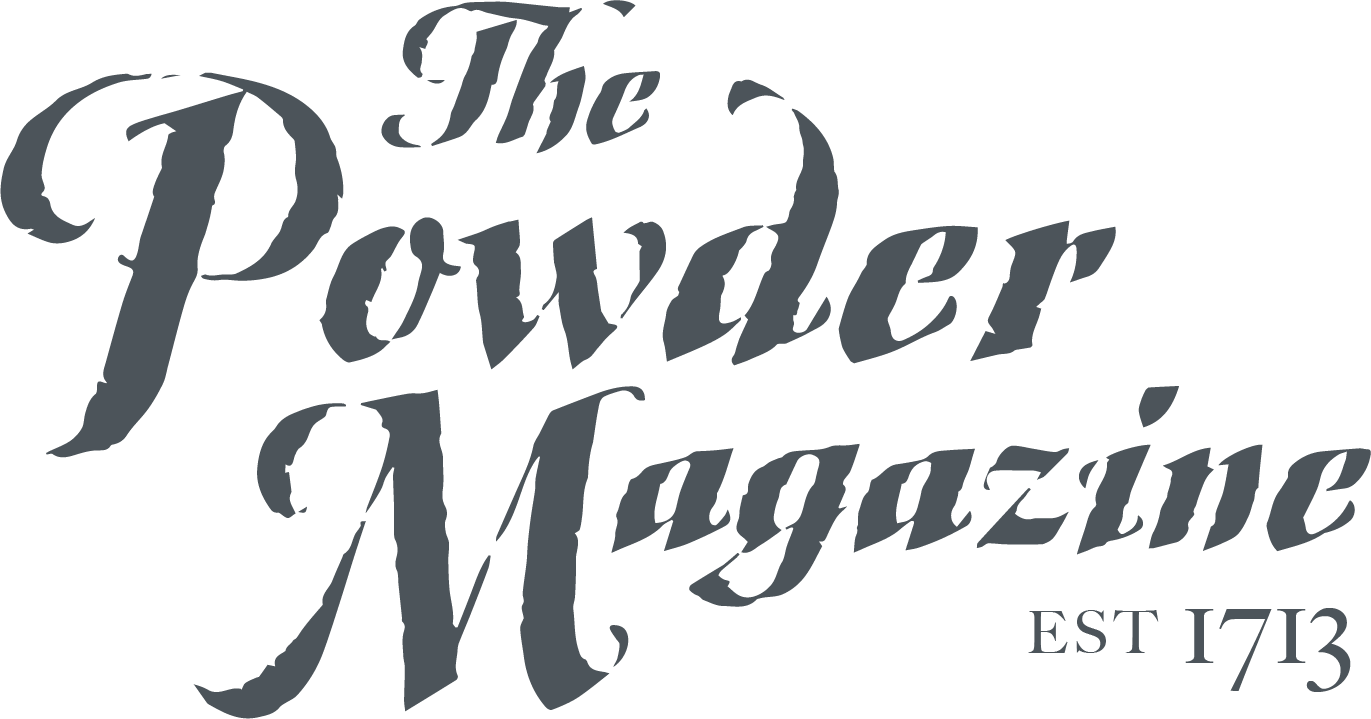
The Charleston Tea Party Protest
In October 1773, seven ships set sail for the American colonies loaded with cargoes of taxed tea from Great Britain’s East India Company. These ships set off a firestorm of protests throughout the American colonies at the end of that year and into 1774. These events, including an important tea protest in Charleston in early December, and the more famous “Tea Party” in Boston in mid-December, set the stage for American independence and the birth of a new nation.
The Tea Act of 1773, passed by the British Parliament in May of that year, followed several taxes and duties imposed on the American colonies in the lead-up to the Revolution. The phrase, “No taxation without representation” expressed the sentiments of many colonists who felt these taxes denied them their basic rights as English citizens. Interference with their beloved tea seemed a bridge too far!
The Act effectively made the East India Company a state-sanctioned monopoly and allowed the company direct shipment to the colonies via authorized commission merchants. Ironically, cutting out the middleman reduced the cost of tea in the colonies but that did not slow the growing ire of many colonists. A writer calling himself Junius Brutus warned in the November 15, 1773, edition of the South Carolina Gazette that the Act would “establish a precedent for subjugating you to future impositions equally unjust and impolitic- to raise a revenue out of your pockets, against your consent- and to render assemblies of your representatives totally useless.” This same edition reported that a large cargo of East India tea was en route to Charleston and was expected to arrive in the weeks ahead.
On December 2, 1773, the ship London came to anchor in Charleston Harbor carrying 257 large chests of East India Company tea consigned to local merchants. The next day concerned Charlestonians posted notices and circulated handbills inviting all inhabitants to assemble in the Great Hall of the Exchange Building at 3:00 in the afternoon of December 3rd. The East India Company merchants were asked to come forward and were, by “threats and flatterys,” convinced to give up their shipment. The ship’s master, Captain Curling, also appeared at the meeting. He was obliged by law to satisfy the Customs officer by paying duties and unloading his cargo within 20 days. He was told by the inhabitants that nonetheless he should sail out of Charleston with his ship full of tea and return to England. The South Carolina Gazette reported that “After some time spent in calm deliberation, it appeared to be the sense of the people, that the gentlemen in trade should be requested to enter immediately into a written agreement, not to import any more teas, that would pay duties, laid for the UNCONSTITUTIONAL purpose of raising a revenue upon us, WITHOUT OUR CONSENT.”
At the conclusion of the meeting on December 3rd, a select committee was established that included planters and mechanics. They were charged with contacting the merchants around town to secure their signatures on a petition agreeing not to import or sell any teas that were subject to the Tea Act duties. However, many of the town’s merchants were concerned about recent events regarding commerce and trade. On December 9th, “a General Meeting of the Gentlemen in Trade” was held at Mrs. Swallow’s Tavern and established the Charleston Chamber of Commerce, the first of its kind in America. Its formation speaks to the complicated nature of business and politics at this pivotal time.
Debate over the London’s cargo continued until December 22nd when the Customs clock expired. By law, Collector of Customs, Robert Halliday was required to seize the tea if no duties had been paid within 21 days after the arrival of the ship. This was done quickly and efficiently, and all 257 chests of tea were confiscated and stored in the basement of the Exchange Building. This mild response embarrassed some of Charleston’s more ardent patriots, especially once news of Boston’s energetic December 16th Tea Party reached South Carolina. However, as the Earl of Dartmouth commented in a letter to Lt Gov William Bull, “What passed at Charles Town in consequence of the arrival of Captain Curling, Altho’ not equal in criminality to the Proceedings in other Colonies, can yet be considered in no other light that that of a most unwarrantable Insult to the authority of this Kingdom.” Another insult for Britain was to come, as several years later, in September 1776, the stored tea was sold to raise funds for the American cause for independence.
For more information on the Charleston Tea Protest of 1773, we recommend:
Tea: Consumption, Politics and Revolution, 1773-1776. By James R. Fichter. Forthcoming Publication by Cornell University Press, 2023.
1774: The Long Year of Revolution. By Mary Beth Norton. Published by Knopf; Illustrated edition, 2020.


